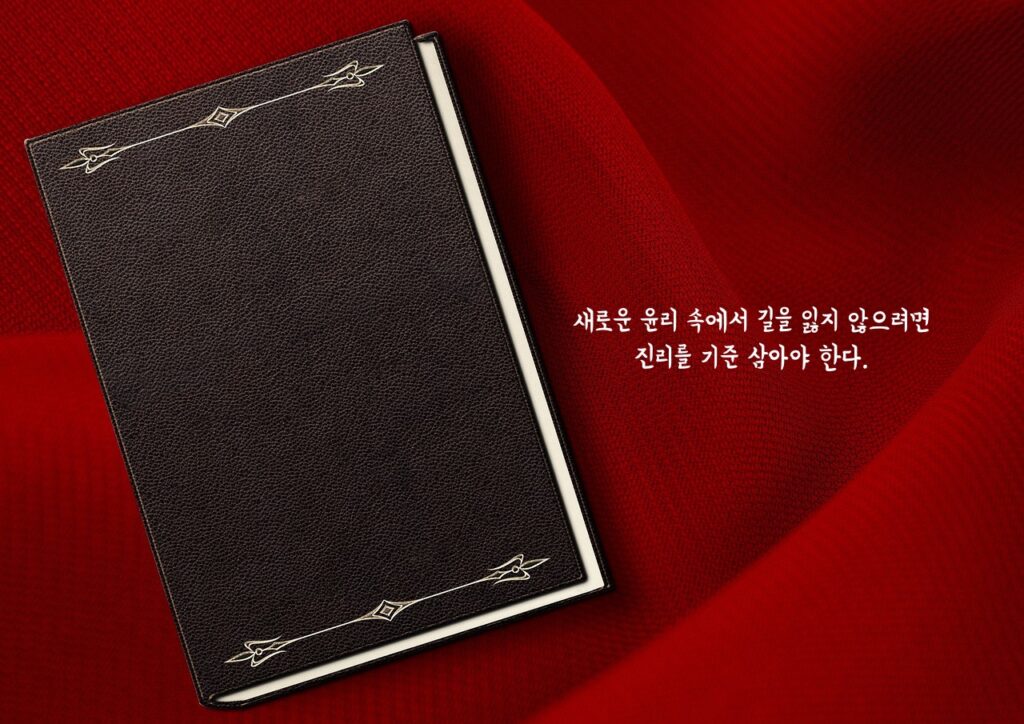The Morning of Resurrection: God’s Answer Beyond Suffering
Suffering is rarely brief. It does not simply pass overnight; more often, it feels like it swallows up our entire existence. We try to endure it with faith, but the situation remains unchanged, prayers seem unanswered, and the weight on our hearts only grows heavier. Being a believer doesn’t reduce the pain, nor does trusting God guarantee a shorter journey through hardship. Sometimes, in fact, it deepens and lengthens.
Yet the Bible does not say that suffering is the end. Rather, it speaks of suffering as a possible gateway to God’s response. The cross was the pinnacle of despair, but the resurrection was not the conclusion of that suffering—it was the beginning of something new. The morning of the resurrection, unexpected and even unwelcome by the disciples, was God’s answer. It was the divine response to every human question that had no resolution.
Resurrection does not erase suffering. Jesus appeared with His wounds still visible. Thomas touched them and finally confessed, “My Lord and my God.” The pain was not gone—it had become a testimony of redemption. The suffering of Christ was not separate from His victory; it was part of it. And the faith that endures suffering emerges deeper, more refined.
God does not always spare us from suffering; rather, He leads us through it. This is seen in the lives of countless biblical figures. Joseph, sold by his brothers and thrown into prison, walked a path of suffering that led to his elevation in Egypt. Moses spent forty years in Midian, being stripped of his identity. David, anointed as king, fled for years as a fugitive from Saul. In every case, the hardship was not wasted—it was God’s method of shaping and preparing them. And His response was ultimately revealed through the very pain they endured.
Our lives are no different. Suffering may be more than pain; it may be the place where God’s unseen will is at work. It is often a time of confusion and silence, when God feels furthest away. Yet Psalm 34 declares, “The Lord is close to the brokenhearted and saves those who are crushed in spirit.” Suffering is not just a time of waiting—it is a time of encounter.
Many believers, in suffering, begin to question God or their own faith. “What have I done wrong?” “Has God forgotten me?” “Is my prayer not enough?” But Scripture teaches that suffering is not the result of deficient faith. Rather, it can be a furnace that purifies faith. 1 Peter 1:7 says, “These trials will show that your faith is genuine. It is being tested as fire tests and purifies gold.” The trials of believers are not wasted time. They are a means of refinement before God.
Resurrection is not only the story of Christ—it is the pattern of the believer’s life. We pass through despair, through the death of relationships, through the edge of meaninglessness. Yet God prepares a resurrection morning. It may not come as dramatic change, but as inner peace, or the gift of new understanding. Sometimes He gives the ability to love again after pain. He never leaves us in the suffering—He responds with resurrection.
A believer is one who waits for that answer. “Those who sow in tears shall reap with songs of joy” (Psalm 126:5). This is not just a word of comfort; it is God’s promise and His way of working in us. Therefore, we walk through suffering with resurrection in our hearts. God’s silence is never indifference, and His timing is never late. Though we may be in pain now, He is already preparing the dawn of resurrection.
Suffering always raises questions: “Why me?” “Does God still see me?” These are not signs of doubt but signs that our hearts are still turned toward Him. And God does not always answer with words. He may allow the suffering to linger, but faith grows strongest in that silence. When there is no answer but we still wait, when there is no miracle but we still hold on—that is where the faith of the believer becomes real.
Paul did not hide his suffering in 2 Corinthians. He even boasted in his weakness. “When I am weak, then I am strong.” He prayed three times for the thorn in his flesh to be removed, but God replied, “My grace is sufficient for you.” The pain did not go away, but Paul learned that God’s power was resting upon him through it. That realization changed everything. He no longer saw suffering as a curse to escape, but as a space where God moves.
This is not escapist mysticism. Paul lived deeply in the real world, and his sufferings were very physical—hunger, beatings, anxiety, betrayal. Yet he heard God through all of it. The answer was not the end of pain, but the presence of God in it. As Psalm 23 proclaims, “Even though I walk through the valley of the shadow of death, I will fear no evil, for You are with me.” A believer is not someone who avoids pain, but someone who walks through it with God.
Restoration is not always a change in circumstances. It may come as a change in heart, a deeper peace, or a renewed vision. The psalmist writes, “I waited patiently for the Lord; He turned to me and heard my cry. He lifted me out of the slimy pit… and set my feet on a rock.” Sometimes God lifts us out of the pit. Other times, the pit remains—but our footing is made firm. This too is resurrection power.
Modern churches often speak of resurrection too lightly. Yet Scripture always places resurrection after the cross. There is no resurrection without death. No glory without suffering. So when we proclaim resurrection, we must not ignore the cross. Jesus’ resurrection did not erase the crucifixion—it overcame it. To overcome means to face it head-on. The life of the believer is the same: a resurrection life that does not deny suffering but walks through it without despair.
We experience many small resurrections in life. Rising after despair, comfort after tears, healing in broken relationships, meaning in wasted time. These are echoes of resurrection. God continues to respond to His people today, and His answer is not always in words or situations—it is in His presence.
The morning of resurrection can only be met by those who pass through the night. When Mary Magdalene came to the tomb in the dark, she met the risen Lord. It was a moment of deep grief—but Jesus was there. That encounter transformed her life, and she became the first witness to resurrection. Every believer has such a dawn. In the deepest night, in a place filled with silence and tears, the Lord is waiting.
Suffering is not the opposite of resurrection. It is the path toward it. Faith is not sight—it is waiting. We are people who wait through suffering, toward resurrection. We are pilgrims walking toward the dawn. And God will meet us at the end of that path. Suffering will pass. His answer will come. And God will surely reveal Himself.
Maeil Scripture Journal | Special Series



